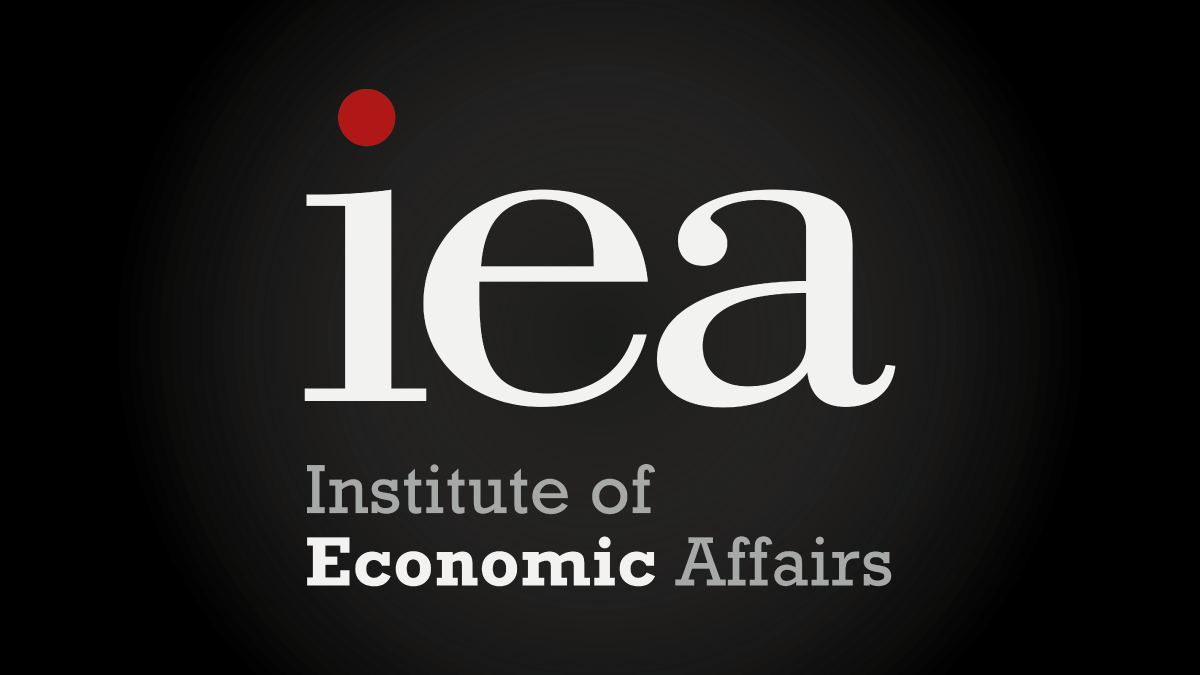The press release issued by the IEA on 28 October 2022.
A new approach to university funding, contingent on student earnings, could save taxpayers £60 billion, says new research
This would also stop the scandal whereby students are encouraged to take on debt in return for poor quality, unhelpful university degree courses.
The Higher Education funding system is failing students and taxpayers and is not sustainable.
Public funding is at risk from the large taxpayer losses on student loans (ca. £10.5 billion per year).
Meanwhile, the proposed tuition fee freeze until 2024-5, in the context of high inflation, will put universities under severe financial stress.
Universities are paid for enrolling as many students as possible, rather than on the basis of the outcomes they deliver for graduates. This has resulted in abuses of the system such as the mismatch of students and courses, an explosion in the number of unconditional offers and the launch of courses with poor academic and economic value.
Many students are getting a poor deal, and a large proportion will suffer an effective earnings loss from attending university due to low earnings and increasing loan costs, with a liability that can last 40 years and a capital repayment value that grows with inflation.
The author’s proposal would allow universities to raise tuition fees above the frozen levels while requiring them to lend the difference to their students by means of risk and income sharing schemes. This would secure the extra resources they need while creating incentives for institutions to improve graduate outcomes and ensure courses are relevant.
This would be a win-win all-round. Freezing the state loan at current levels could save taxpayers £60bn over twenty years. Universities new freedom to set tuition fee levels ensures they have the resources they need to teach and compete internationally. Students will gain from better courses now the interests of the institution are aligned with theirs.
The IEA’s new paper, Setting Universities Free: How to deliver a sustainable student funding system, by Peter Ainsworth, Managing Director at Consulting AM and Tom McKenzie, Professor of Economics at CBS International Business School, argues that the university funding model is broken and needs fundamental reform.
Students are experiencing a declining earnings premium, higher borrowing costs and, for many, poor quality courses. Universities are struggling with reduced revenues while academics complain about poor pay and working arrangements. The government has consistently sought to minimise the growing student debt that will be written off – and essentially funded by the taxpayer.
The central problem, according to Ainsworth and McKenzie, is that universities are remunerated on the basis of how many students they can enrol, rather than on the basis of graduate outcomes. This incentivises the expansion of mass-market, low-quality courses that fail to prepare students for the workforce.
The paper proposes an alternative funding model in which the university’s income is contingent on future earnings, thus marrying the long-term interests of students with those of the university. This will make universities more responsive to student demands, while forcing them to consider the suitability of the courses they offer and the students they enrol.
The authors also propose lifting the tuition fee cap, to help universities prosper and compete both domestically and internationally allowing for new investment and higher productivity to ensure better value for money in the long-term.
Freezing state support for higher education would also save taxpayers £60bn over 20 years and slowly phase out universities’ reliance on the state as inflation erodes the government’s contribution to tuition fee loans.
Overhauling our current system is necessary to ensure that universities can match their foreign competitors, that they are accountable to students, that taxpayers are given value for money, and that universities’ success is tied to the success of its students rather than the number of students they can recruit. Implementing Ainsworth and McKenzie’s recommendations would be a strong first step in such an overhaul.
Commenting on the report, author Peter Ainsworth, said:
“In his first major speech as Chancellor Jeremy Hunt referred to our universities as one of the country’s great strengths. They will not stay that way without more money. Our scheme secures for them the extra resources they need without a single extra penny being required of the taxpayer. Students gain from the partnership this system ensures, so the institution will be invested in their success. It’s good for all parties and is the sustainable funding system that thus far has eluded the UK.”
Co-author Tom McKenzie, said:
“Discussion of higher-education funding tends to centre around access to university rather than what a university education actually does for a student. The system we propose both encourages access based on merit and incentivises institutions to consider employability as more than just another league-table statistic.”
